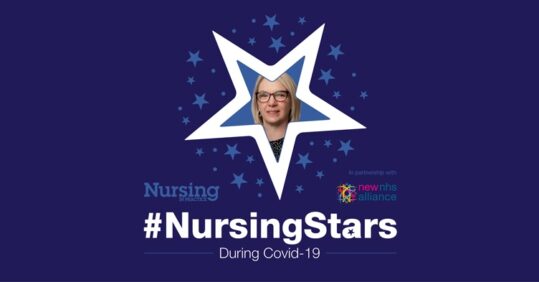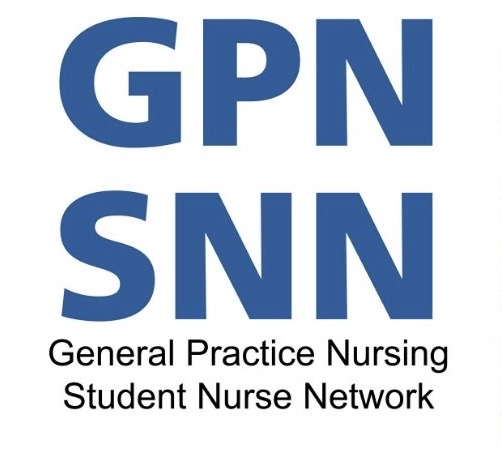Nursing Stars Q&A: Sarah O’Donnell

We are profiling amazing practice and community nurses, and midwives, during the Covid-19 pandemic as part of our Nursing Stars campaign with New NHS Alliance.
What is your usual role?
I am a lead general practice nurse, an extended hours nurse and lead of the General Practice Nurse Student Nurse Network, which aims to raise the profile of general practice nursing, and promote it as a student placement and career choice.
The GPN SNN team are still working together to share information and give support through Twitter for student nurses, general practice nurses and newly qualified nurses. We are also sending out links to help people with their mental health, work stress and supporting people who are struggling. Sometimes this is just a brief chat to help people not feel so isolated. We are also promoting what all the fantastic GPNs are doing in practice whilst in the midst of the pandemic.
Related Article: NMC seeks nursing leader to oversee Code and revalidation reviews
What work have you been doing during the Covid-19 outbreak?
I am currently in isolation and have been since March. I am still managing my team, checking in on their wellbeing and triaging and contacting patients. I have also set up nurse meetings through zoom, so that I can have face-to-face time with nurses the and healthcare assistants. We also complete teaching and learning through zoom, to keep everyone up-to-date.
I feel that it can be more intense to work at home. Sometimes you take fewer breaks as there is no interruption – such as people asking for help or a question – which would usually take you away from your desk. So, at home is spent constantly doing computer and telephone work, which is very draining. Self-care is essential by taking small comfort breaks and moving around.
Why would you say you are a Covid-19 Nursing Star?
I feel that communication with the team of nurses and the clinical team overall is very effective. We also have a doctor who is keeping everyone in the loop with emails with all the relevant news and updates, including self-care and pictures.
Within practice, we also have a welfare checklist of vulnerable patients, which the team have contacted. This list consists of around 400 people, who have had individual phone calls and letters to check if they need any further assistance. We have contacts through the volunteering services for shopping, medications, or loneliness, who we refer the patients too if requiring help.
What have you learnt from the experience of working during Covid-19?
I have learnt that not everything that we think is urgent actually is urgent. For example, the volume of bloods has had to be hugely reduced and only urgent orneeded bloods have been carried out. More self-help guides have alsobeen shared with patients, which hasbeen received and utilised by them.
Related Article: Tell us what practice nursing means to you and potentially win £1,000
I have also learnt more about effective time management. I think fluid time and looking after your own caseload is a very effective way of patient management, such as by rather than face-to-face appointments. This way, more patients through the day are actually contacted and helped.
How do you think Covid-19 will impact the way you work in the future?
I hope that it will open the door to more remote working. This is of benefit to both employees and patients. E-consults and video calls reduce the need for appointments in the surgery and save people time. The use of Zoom meetings is also great as some people who may not work on the meeting days still have the chance to be involved without having to make the journey into work, making the experience more inclusive.
Primary care networks are also making more use of each other by having hubs and sharing clinicians. This is, I think, always a good thing as bringing ideas together helps people in their own clinics.
Related Article: MPs vote to legalise assisted dying in England and Wales
Webinars and training have been also fabulous as usually it can be a struggle for nurses to attend training and for cover to be found, even though we know we have to be up-to-date to be within NMC rules. Webinars contain the same information as a standard course, but in a more condensed form that is available to return to.
I hope we learn from this and go back to a new more streamlined normal.


See how our symptom tool can help you make better sense of patient presentations
Click here to search a symptom




